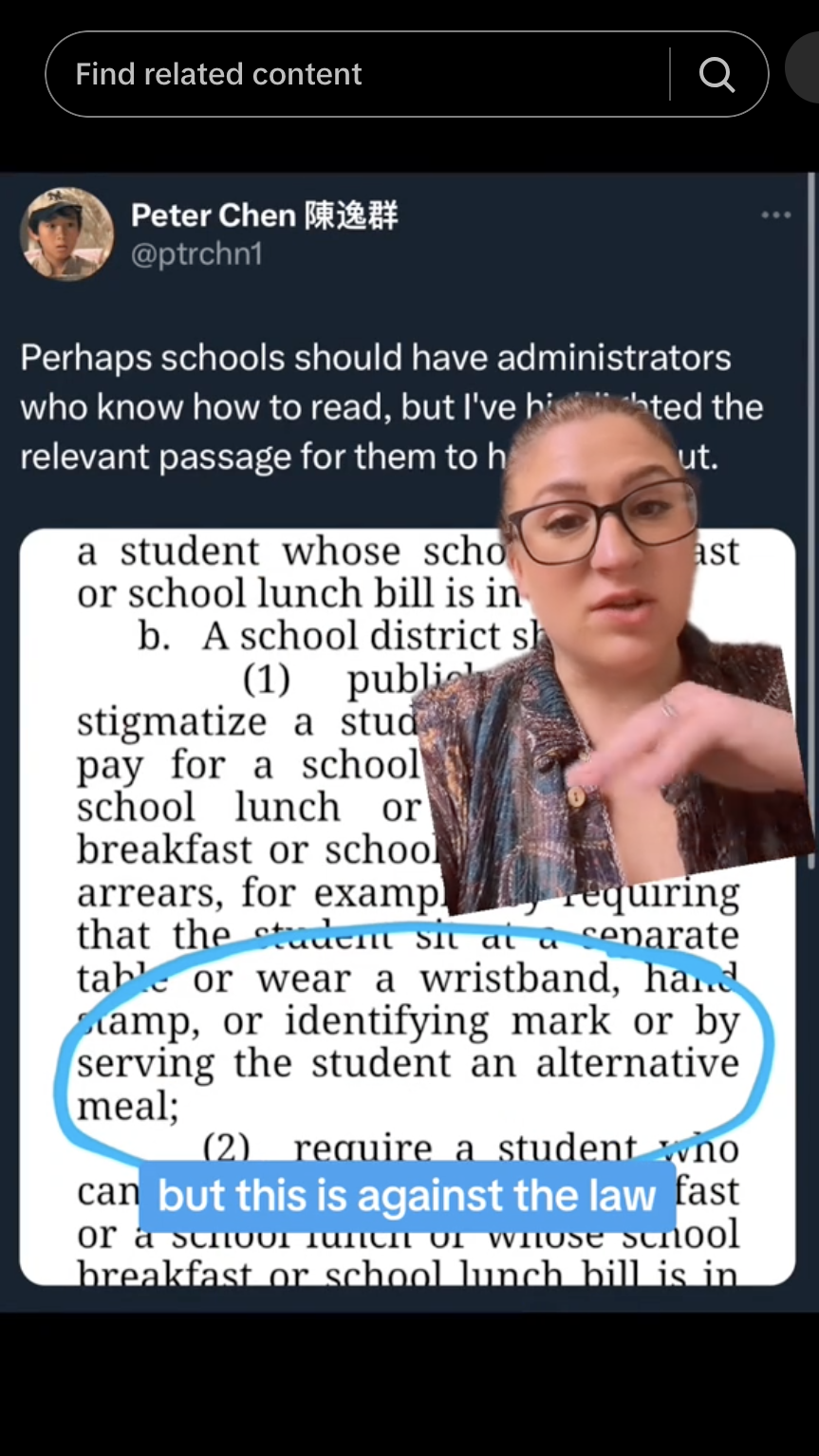Friday Facts and Figures is a weekly newsletter with data points, analysis, and commentary on the biggest policy debates in New Jersey and beyond.
Sign up here.
130,000
Roughly 130,000 low-income New Jersey residents lost their Medicaid coverage over the summer after federal public health emergency protections ended and states were allowed to resume Medicaid terminations. Of note, the vast majority of terminations were for procedural reasons, meaning many of these residents likely still qualify for Medicaid but lost their coverage anyway due to issues with the application. “You have to remember that many of these families enrolled in Medicaid for the first time during the pandemic, so they have never navigated this renewal process before,” said NJPP’s Brittany Holom-Trundy. If you or someone you know needs help enrolling in NJ FamilyCare, New Jersey Citizen Action offers free health care enrollment assistance. [NJ Spotlight News / Lilo Stainton]
Never
Commuters rallied in Newark this week to urge Governor Murphy and state lawmakers to fully fund NJ Transit instead of cutting service and increasing fares. Riders shared their experiences on NJ Transit, highlighting how chronic underfunding has resulted in unreliable service: “My daughter has had her pay docked, she’s lost hours at work because the bus is late and she gets to work late,” said Carla Cortes of Passaic County and a member of Make the Road New Jersey. NJPP’s Alex Ambrose also spoke at the rally to point out that NJ Transit, in addition to being severely underfunded, has never had a dedicated source of state funding, unlike every other comparable transit agency in the country. [NorthJersey.com / Colleen Wilson]
Double
Earlier this week, Jersey City Mayor Steven Fulop unveiled a new plan to double affordable housing production across the state as part of his gubernatorial campaign platform. The plan calls for removing barriers to affordable housing production, enforcing and exceeding the standards outlined in the state’s Fair Housing Act, promoting transit oriented development, a state-wide right to counsel in eviction proceedings, and more. “When you talk about affordability in New Jersey, most campaigns talk about taxes,” Mayor Fulop said. “And the reality is that the conversation around affordability is much more complicated than that – and housing is a key part of that.” [NJ Globe / Ricky Suta]
Over-the-Counter
In just a few months, New Jersey will join 30 other states in making birth control available over-the-counter without a prescription. The change is made possible by legislation signed by Governor Murphy earlier this year, and sales can begin as early as spring once new rules are finalized. Big shout out to Senator Shirley Turner (D-Mercer) for championing this issue and sponsoring this legislation five times since 2015, and Assemblywoman Verlina Reynolds-Jackson (D-Mercer) for sponsoring the bill in the Assembly. [NJ Monitor / Dana DiFillipo]
ICYMI
Join us on Wednesday in Montclair as we discuss ways to push back on corporate power. We have a great lineup of speakers and panelists, including Assemblywoman Britnee Timberlake, Jersey City Mayor Steven Fulop, Montclair Mayor Sean Spiller, and New Jersey Working Families Director Antoinette Miles. The event is free but space is limited, so register now to reserve a spot! [NJPP / Progress 2023]
Pets of NJPP
Meet Jasmine, a proud (and warm) member of the NJPP extended family! Jasmine lives in Arlington, Virginia with her mom, Maggie, her dad, Ryan, and her sister, Chickpea. I’m not sure Maggie knows that we’re featuring Jasmine here, but Alex shared this picture in the NJPP Slack channel and it’s too good to not share with you all. Meow!

Check out our latest videos and follow us on TikTok.
Have a fact or figure for us? Tweet it to @NJPolicy.








